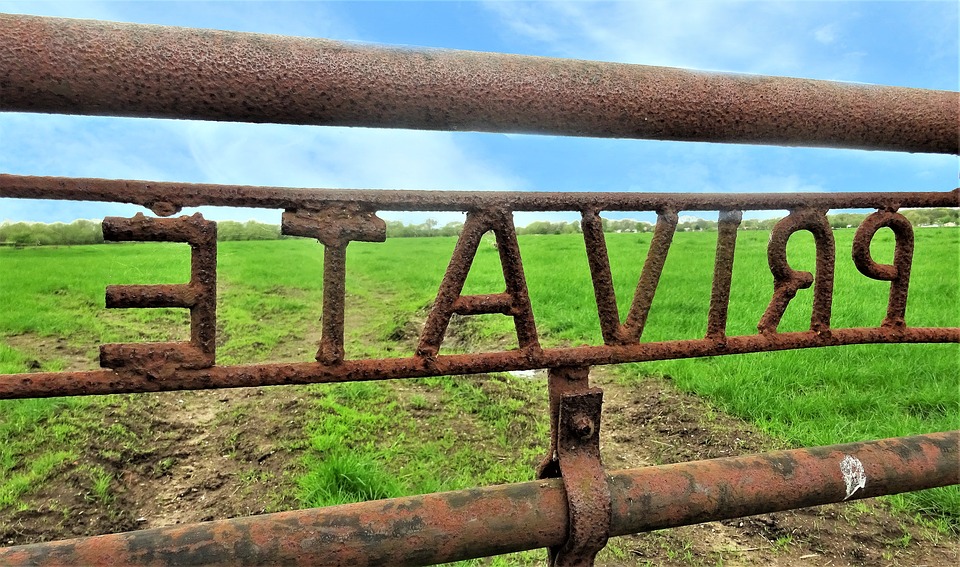There comes a point in everyone’s gaming life where the game they’re playing just doesn’t hold the same thrill it once did. Maybe you’ve played a fighter, a cleric, a sorcerer, a wizard, a druid, a psychic, an inquisitor, a rogue, and a medium, each as a different race, possibly more than once. Your group wants to continue gaming, but they’re starting to feel like the Q Continuum and wondering who has to play the dog in the next campaign. The answer may be you need to try a different game.
Taking a break from a system doesn’t mean you’re breaking up forever. Knowing the mechanics so well can make the experience more of a rote exercise of going through the motions rather than wondering whether or not your party can pull something together. Changing out your gaming system can give you a whole new sense of discovery for the space you’re exploring and the individuals you’re portraying. One of our favorite ways to do this is the one off or short campaigns in alternate systems for special occasions, such as holidays – no matter how big or small. A scary game on Halloween is pretty standard, but running trickster driven story for April Fool Day or repetitive storyline to solve for Groundhog’s Day can jump start other parts of our gamer brains.
It’s best to discuss with your party which new system you want to explore, we frequently drop back to other systems we’ve played before to cut down on the rules learning curve. New/different systems pushes us to think about how a character interacts with their surroundings. Is there a mechanism for perception or how do you improve interpersonal relationships through conversation rather than Charisma checks?
Planning your break
As we approach summer and a traditional vacation time, this is a good opportunity to think about shaking things up a little – maybe one of your players is going out of town on vacation, going home (or on work co-op) for the summer, if you have college aged players, or someone’s attending a convention or three. Another time for this kind of change is at the end of the year, when holiday get togethers slam up against game night. Regardless of the reasons, a missing player doesn’t have to mean game night is cancelled.
Advanced notice is always appreciated. Our groups are usually good about knowing a week or more in advance when we have other obligations, so it’s not a foregone conclusion that we’ll just cancel game nights, we may hang out and watch movies or play something else. For a one night interruption we may hold a practice run through of upcoming convention games or even some down time encounters for our PCs from our regularly scheduled game. For extended breaks, we get more creative and run short campaigns of something else.
This is a great opportunity for someone who has never GM’d before or only briefly run something to try their hand at the helm. For the new GM, definitely run something you’re familiar with, and as I’ve discussed before, consider a one night adventure, such as a Pathfinder Scenario.
If you have a long break and really want to try something new, change systems all together, as always choose wisely. Pick a setting that holds the greatest appeal (and some passing familiarity) to the most people at your table, then find a system to match. Do you want more science, role playing interactions, high fantasy, dinosaurs, or pulp adventure? Some systems have those setting flavors baked right in and are easier to pick up than others, sometimes you have to craft/adapt your system to meet your setting needs.
Best practice is to set a return date, especially for longer than one or two week breaks. Just because you’re taking a break doesn’t mean you’re leaving behind your previous campaign, planning your return strategy means that if your new game doesn’t hold the same appeal as your previous game, then no one is committed to a game they aren’t enjoying for an indefinite period of time. Also be open to feedback – if your players really like it, add the game as a future option or plan a rotation. Keeping things new and fresh help keep the creative process moving.






While it’s been more than a couple years since my last ongoing campaign/group, back in the 1990s I had a group that game regularly, pretty much every week, and we played campaigns that generally ran 1-2 years long.
We learned, early on, that little “breaks” were ideal. And while we didn’t always do it that way, your idea of holiday-themed breaks is a good one, one we did on occasions.
Most of the time, our breaks were scheduled to take 1-2 sessions between ‘chapters’ of our campaign – not necessarily every chapter, but certainly every 3-4 months, we’d do something different.
PARANOIA is great for one-offs… and I recall, once in the middle of QUEST FOR THE RINGS (my epic farewell to AD&D that I ran from 1990-1992), when things were intense and tension was building, the players very much enjoyed and benefited from the chance to just go crazy and end up shooting everyone else, turning fellow Troubleshooters against each other and more. (It didn’t hurt that I made everyone’s characters, named them as best as I could within PARANOIA’s naming conventions, to be named after PCs and NPCs from QFTR. Everyone picked up on the joke right off and went gonzo with it. Good times.)
Nowadays, with FATE CORE and FATE: ACCELERATED EDITION and other games, I can’t think but think one (and two) offs are even easier to come up with.
Another thing we would do between mega-campaigns was run mini-campaigns. Usually with a completely different system, throw something together to play for 4-6 weeks. (Heck, once, in the middle of a two-year SHADOWRUN campaign that I split into two halves – A YEAR IN THE SHADOWS was part one, and part two was A DARKER YEAR – I ran an ~6 week Vampire: The Masquerade campaign where the PCs were all Sabbat. After playing dark and nasties for a month-plus, they were more than ready to return to running the shadows.)
As you say, it’s a great way to try out new systems or revisit old settings for a short time.